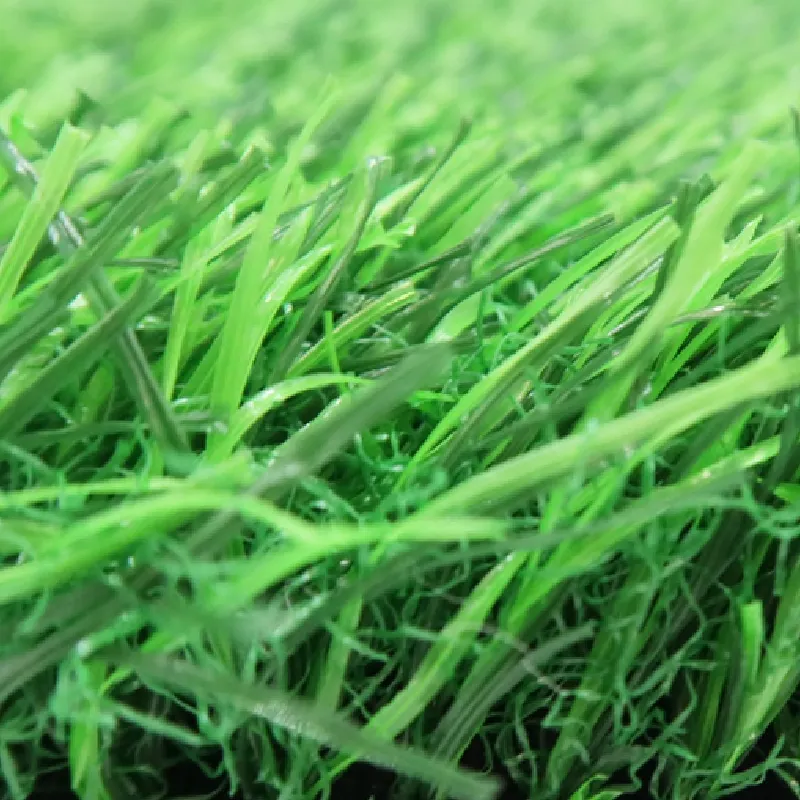
- Afrikaans
- Arabic
- Belarusian
- Bengali
- Czech
- Danish
- Dutch
- English
- Esperanto
- Estonian
- Finnish
- French
- German
- Greek
- Hindi
- Hungarian
- Icelandic
- Indonesian
- irish
- Italian
- Japanese
- kazakh
- Rwandese
- Korean
- Kyrgyz
- Lao
- Latin
- Latvian
- Malay
- Mongolian
- Myanmar
- Norwegian
- Persian
- Polish
- Portuguese
- Romanian
- Russian
- Serbian
- Spanish
- Swedish
- Tagalog
- Tajik
- Thai
- Turkish
- Turkmen
- Ukrainian
- Urdu
- Uighur
- Uzbek
- Vietnamese
football artificial turf cost
Dec . 04, 2024 18:52 Back to list
The Cost of Football Artificial Turf A Comprehensive Analysis
Artificial turf has gained significant popularity in the world of football over recent years. Its advantages, including reduced maintenance costs, durability, and the ability to withstand various weather conditions, make it an appealing alternative to natural grass. However, one of the primary considerations for clubs and organizations contemplating the switch to artificial surfaces is the associated costs. This article will provide a detailed analysis of the costs related to the installation and maintenance of football artificial turf.
Initial Installation Costs
The initial installation of artificial turf can be considerably more expensive than natural grass. Generally, the cost of installing a synthetic football field ranges from $500,000 to $1 million, depending on various factors such as the field size, quality of the materials used, and geographical location. High-quality turf systems with advanced technology, such as infill made from recycled rubber or organic materials, can significantly elevate the initial investment.
However, it is important to consider that the long-term benefits can outweigh the high upfront costs. Unlike natural grass, which may require extensive renovation and replacement after a few seasons, artificial turf can last 8-15 years with proper maintenance. This longevity can lead to significant savings over time.
Maintenance Costs
While artificial turf does not require the regular mowing, watering, and fertilization that natural grass fields do, it still incurs maintenance costs. Regular upkeep is necessary to ensure the playing surface remains safe and functional. Maintenance typically includes grooming, infill replacement, and periodic cleaning to remove debris and ensure optimal performance.
Annual maintenance costs for an artificial field can range from $10,000 to $20,000. This amount can fluctuate based on usage rates and local climate conditions. In high-usage scenarios, such as multi-sport fields or community centers, these costs can increase. However, compared to the ongoing expenses of maintaining a natural grass field, which can include water bills, pesticides, labor costs, and more, artificial turf maintenance can be more economical in the long run.
football artificial turf cost

Environmental Considerations
Another aspect to consider in the total cost of artificial turf is its environmental impact. The production of synthetic materials often raises concerns about pollution and landfill usage, as synthetic turf fields are typically made of non-biodegradable plastics. However, advancements in technology have led to the development of more environmentally friendly options. Some manufacturers are now creating turf made from recycled materials, which can help mitigate some environmental concerns.
Moreover, artificial turf requires no water, making it an attractive option in drought-prone regions where water conservation is a priority. This can be a significant cost saver for municipalities or clubs aiming to reduce their water expenses.
Return on Investment
Clubs and organizations may find that the switch to artificial turf provides a substantial return on investment. Apart from reduced maintenance and operational costs, synthetic fields can increase playability, allowing for more games and practices regardless of weather conditions. This can potentially lead to increased revenue through ticket sales, concessions, and rental fees for community use.
Moreover, having an artificial turf field can enhance a club’s reputation, attracting more players and families to the program. It can also serve as a venue for tournaments and events, providing further financial benefits.
Conclusion
In summary, while the initial costs of installing football artificial turf may be significant, the long-term savings and benefits can make it a worthwhile investment. Clubs need to weigh these costs against the advantages of durability, reduced maintenance, and increased usage. As technology advances and the sustainability of synthetic products improves, the case for artificial turf will likely continue to grow, making it a popular choice for football fields around the world.
-
The Benefits of Artificial Turf for Indoors
NewsJul.15,2025
-
How Artificial Grass Suppliers Ensure Quality Products
NewsJul.15,2025
-
Artificial Grass and Pets: A Space for Relaxation
NewsJul.08,2025
-
Balcony & Outdoor Decoration with Artificial Grass
NewsJul.08,2025
-
Best Indoor Artificial Grass for Home
NewsJul.07,2025
-
Best Pet Turf for Dogs: Safe & Durable Artificial Grass Options
NewsJul.07,2025
Products categories









